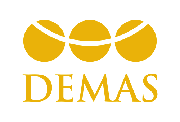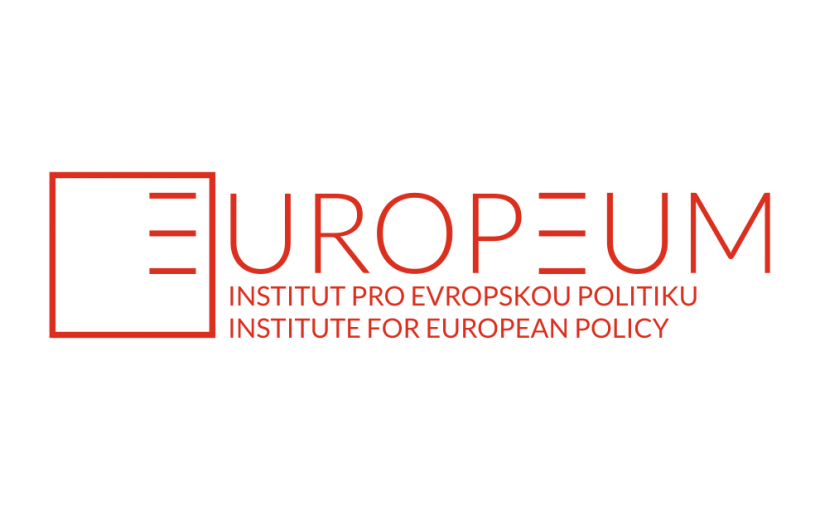Rethinking and strengthening NATO – How to prepare the Alliance for the future?
The online debate will take place on Tuesday, 27th April 2021, from 17:30 to 18:30. The discussion will be held in English and live-streamed on our Facebook.
You can also join a Zoom webinar with simultaneous interpretation in the Czech language.
To watch the discussion on Facebook, please follow this link.
You will be able to ask your questions in the comment section below the video.
To participate in a Zoom webinar with Czech interpretation, please follow this link.
You can find more information about the event on our Facebook, here.
If you want to add this event to your calendar, click here.
NATO is currently at a very different place compared to the one envisioned seventy years ago when the Washington Treaty
This discussion will address the impact of the pandemic on NATO, the pressing and emerging security challenges for the Alliance, especially under the new Biden administration. What can be expected from the 2021 NATO summit and what will be the most crucial points on the agenda? Lastly, our panelists will discuss the issue of Europe’s strategic autonomy and how Central and Eastern European countries help in developing a renewed NATO approach.
Confirmed speakers:
- Benedetta Berti, Head of Policy Planning in the Office of the Secretary-General, NATO
- Petr Boháček, Research Fellow, Association for International Affairs
- Carisa Nietsche, Associate Fellow, Center for a New American Security
Moderator: Danielle Piatkiewicz, Research Fellow, EUROPEUM
POLICY PAPER: 100 dní Bidenovy nové transatlantické strategie – Kde stojí střední a východní Evropa?
Výzkumná pracovnice Institutu EUROPEUM Danielle Piatkiewicz ve svém nejnovějším policy paperu poskytuje hloubkové vyhodnocení prvních 100 dní nové prezidentské administrativy Joea Bidena. V policy paperu se zaměřuje především na Bidenovu transatlantickou strategii a její vliv na region střední a východní Evropy.
“So far, the US administration’s focus on tackling immediate shared threats has called upon their EU allies to take a stronger role and to continue to invest in its own defense capabilities. This includes not just investing in stronger NATO cooperation, but also the strengthening of economic and security support in CEE region through various avenues.”
EU MONITOR: Vojenské zapojení EU v centrálním Středomoří – propojení migrační krize a zbrojního embarga
V novém EU monitoru popisuje Vojtěch Freitag probíhající vojenskou misi EU ve Středozemním moři s názvem EUNAVFOR MED Irini. Článek se pokouší shrnout, kriticky reflektovat a představit doporučení k dané problematice.
“Notwithstanding EU’s efforts, Sophia had not achieved the prevention ofillicit arms flows. In fact, it could not possibly be successful as the sea is not the only entry point into the vast country. Failure of the embargo has been recently confirmed also by the UN expert panel on Libya, which claimed “total ineffectiveness”. However, the termination of the operation was caused by concerns deemed of greater importance to the member-states than the arms embargo –the question of rescuing and disembarking migrants, an aspect fitting into general EU’s immigration policy debate.”

